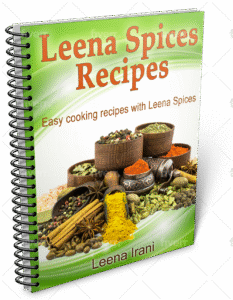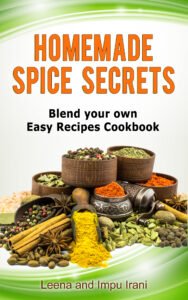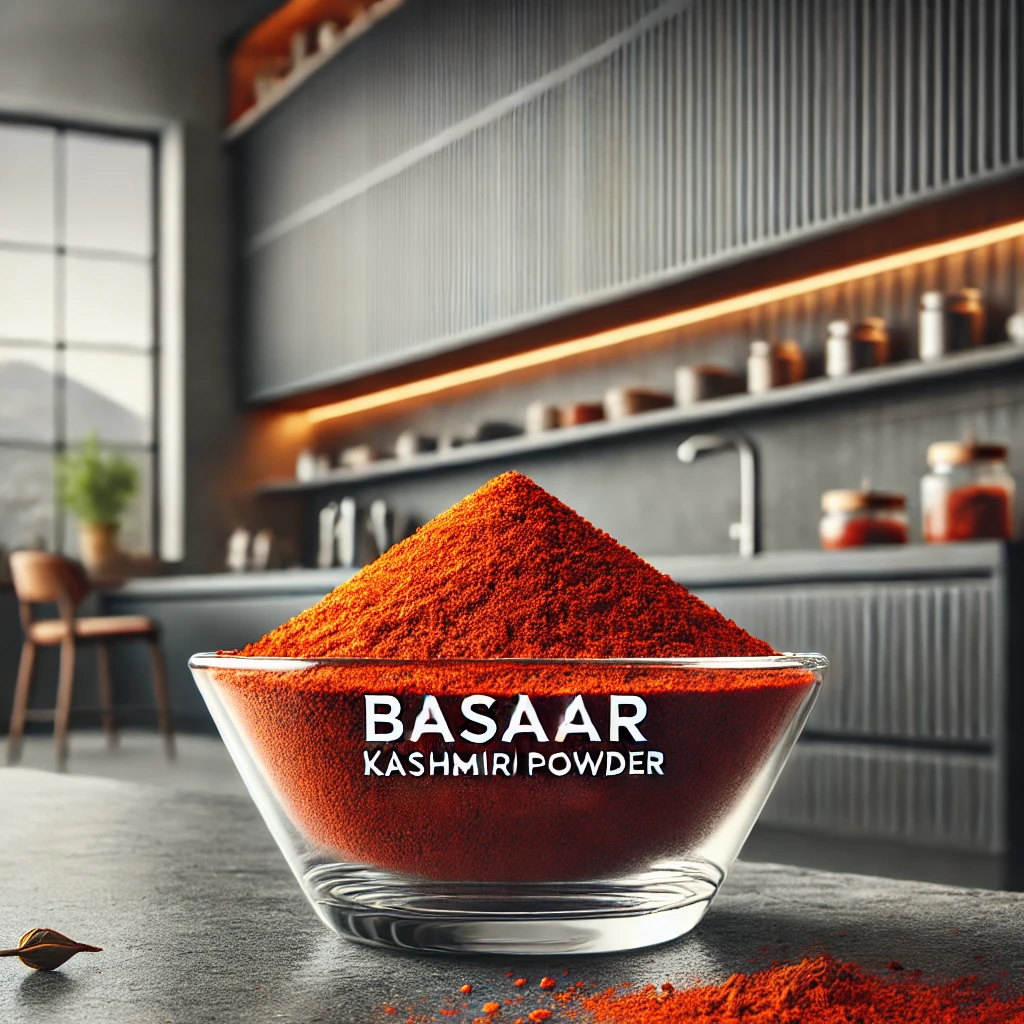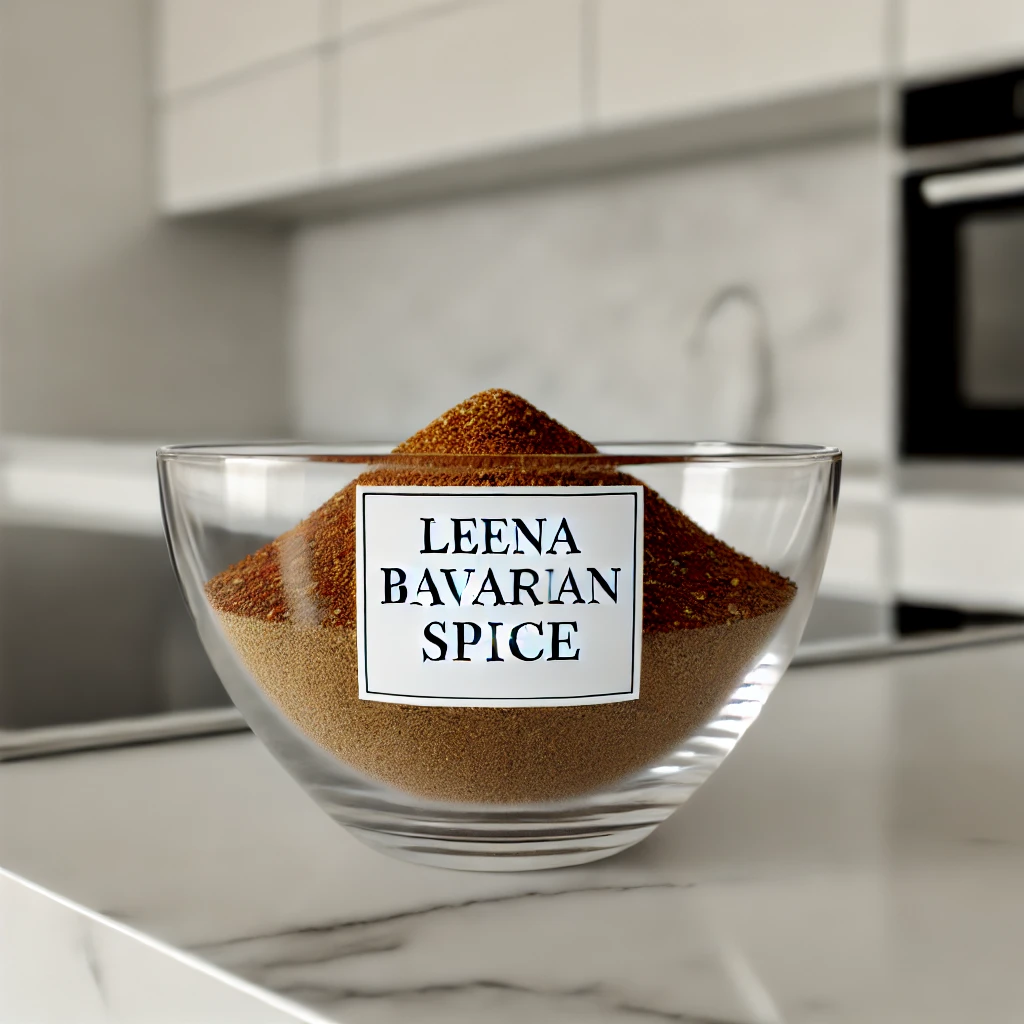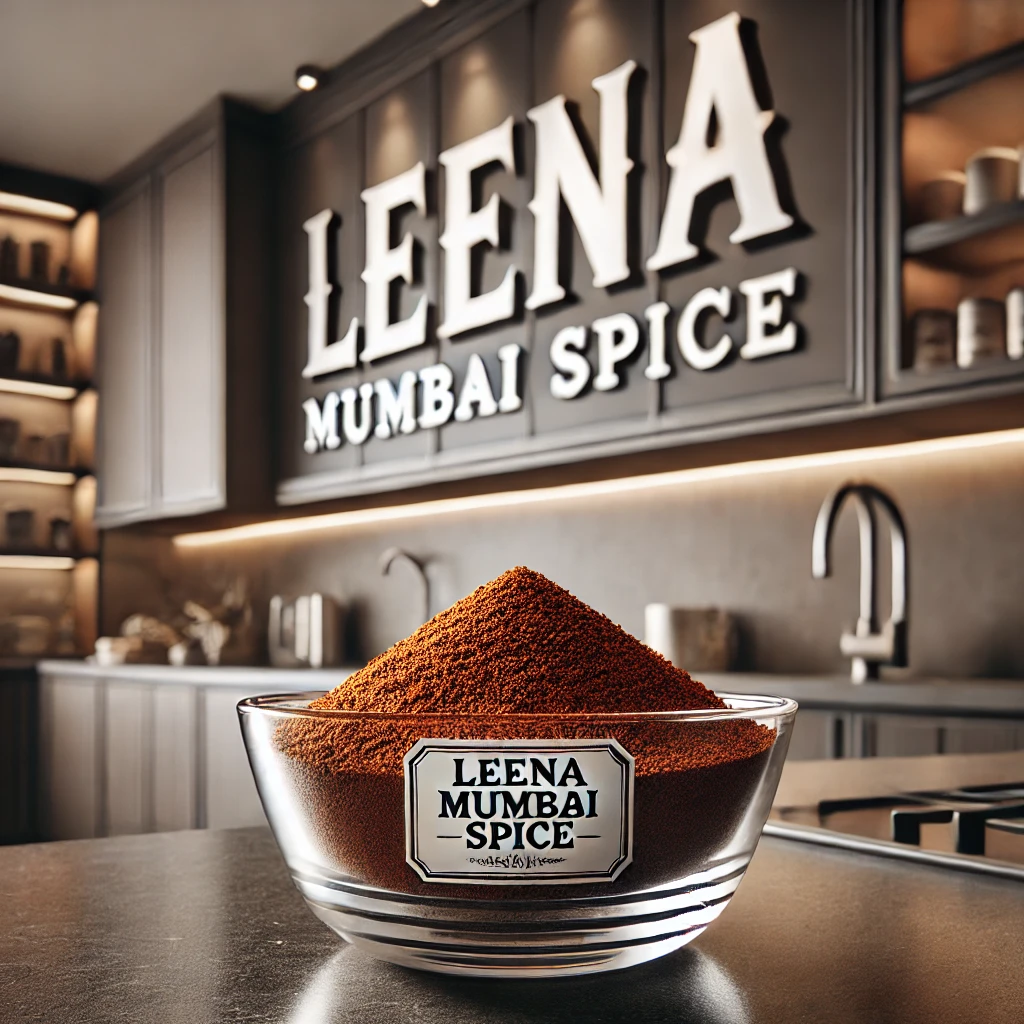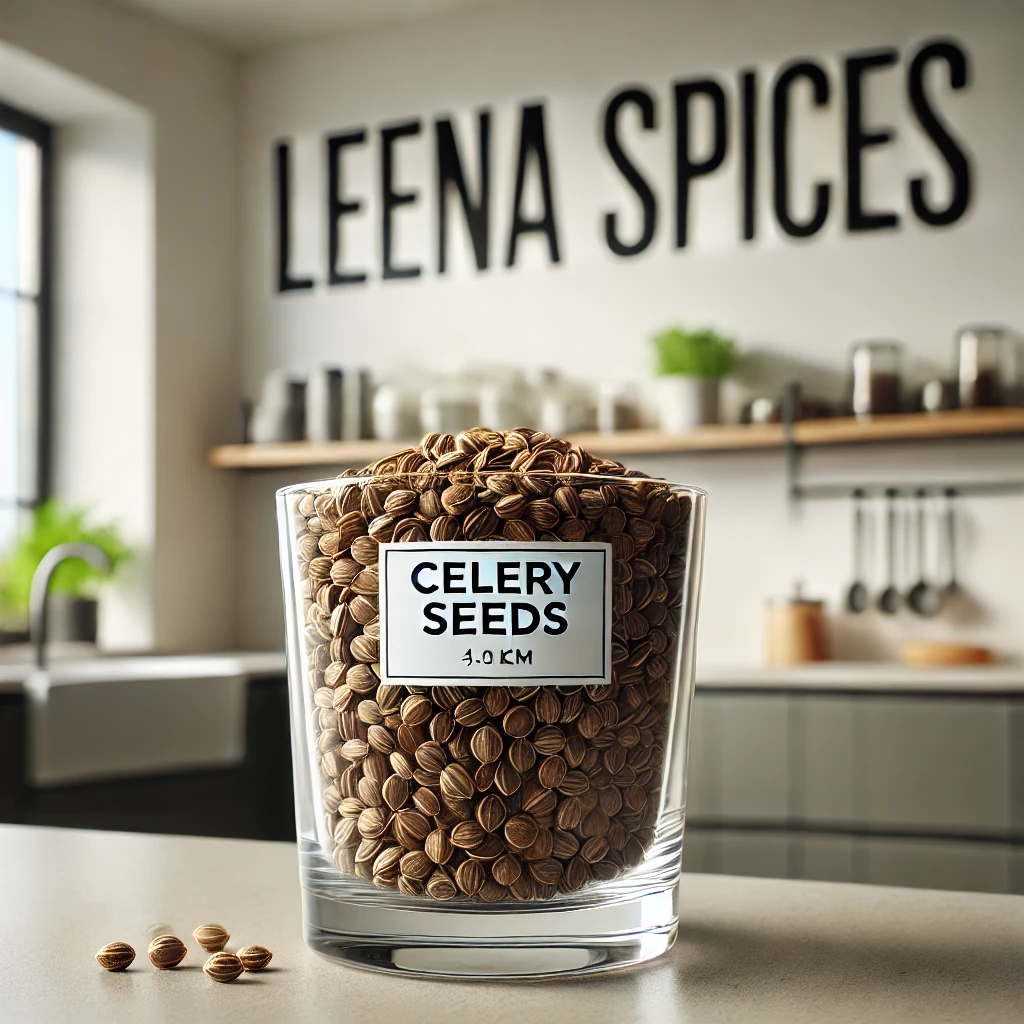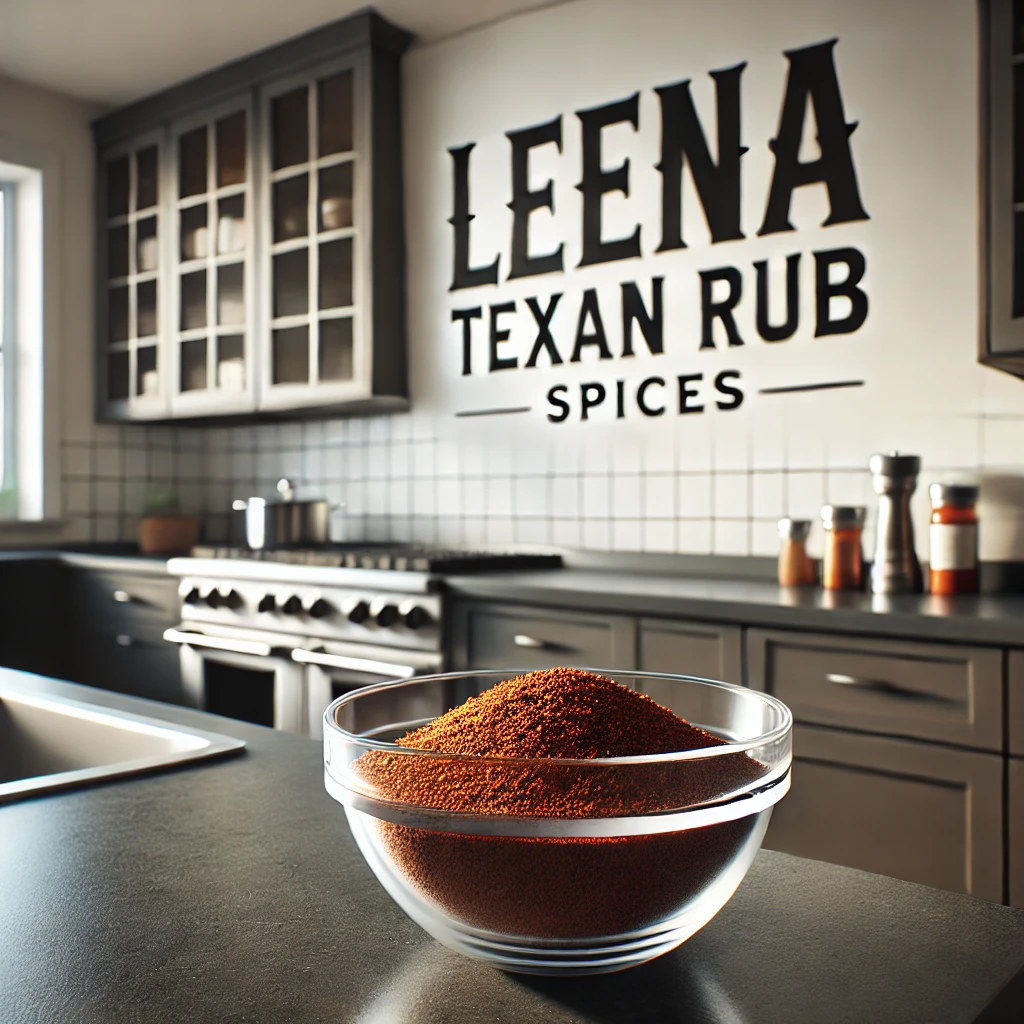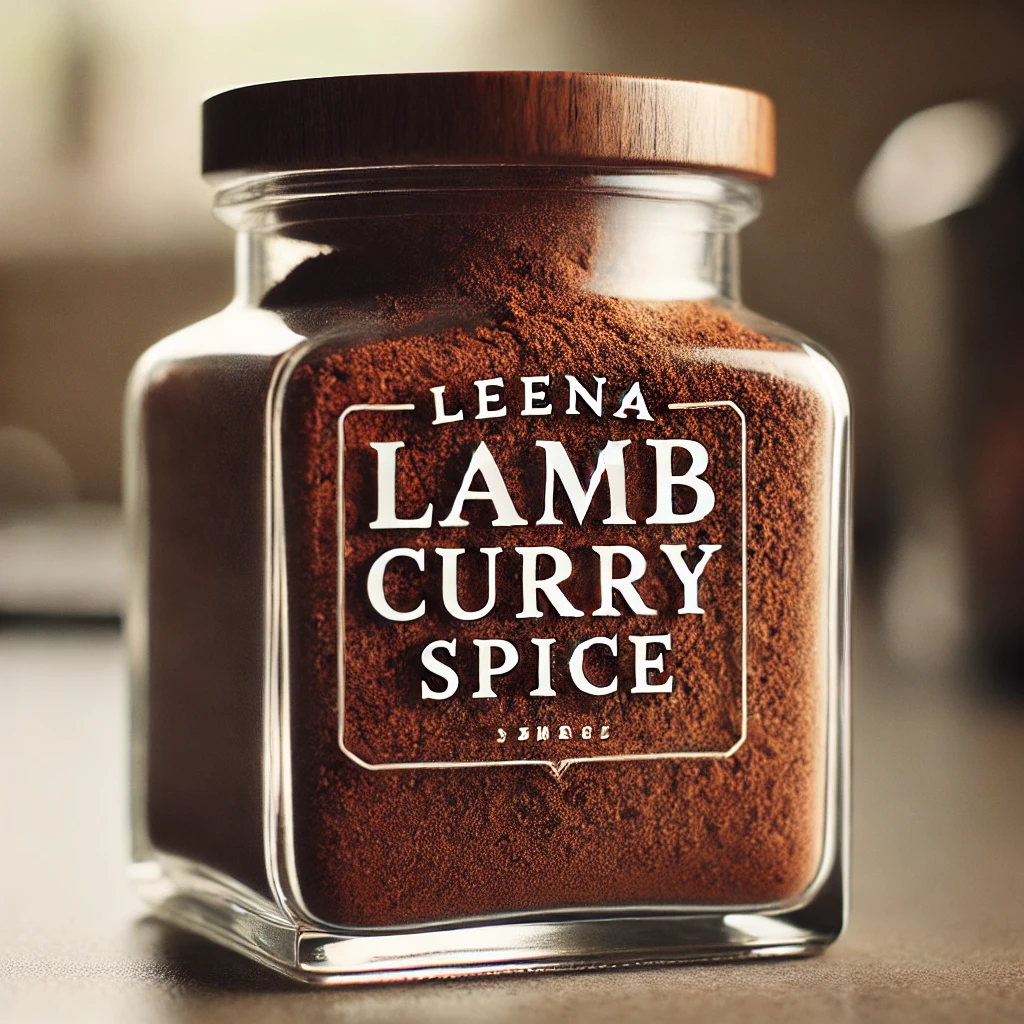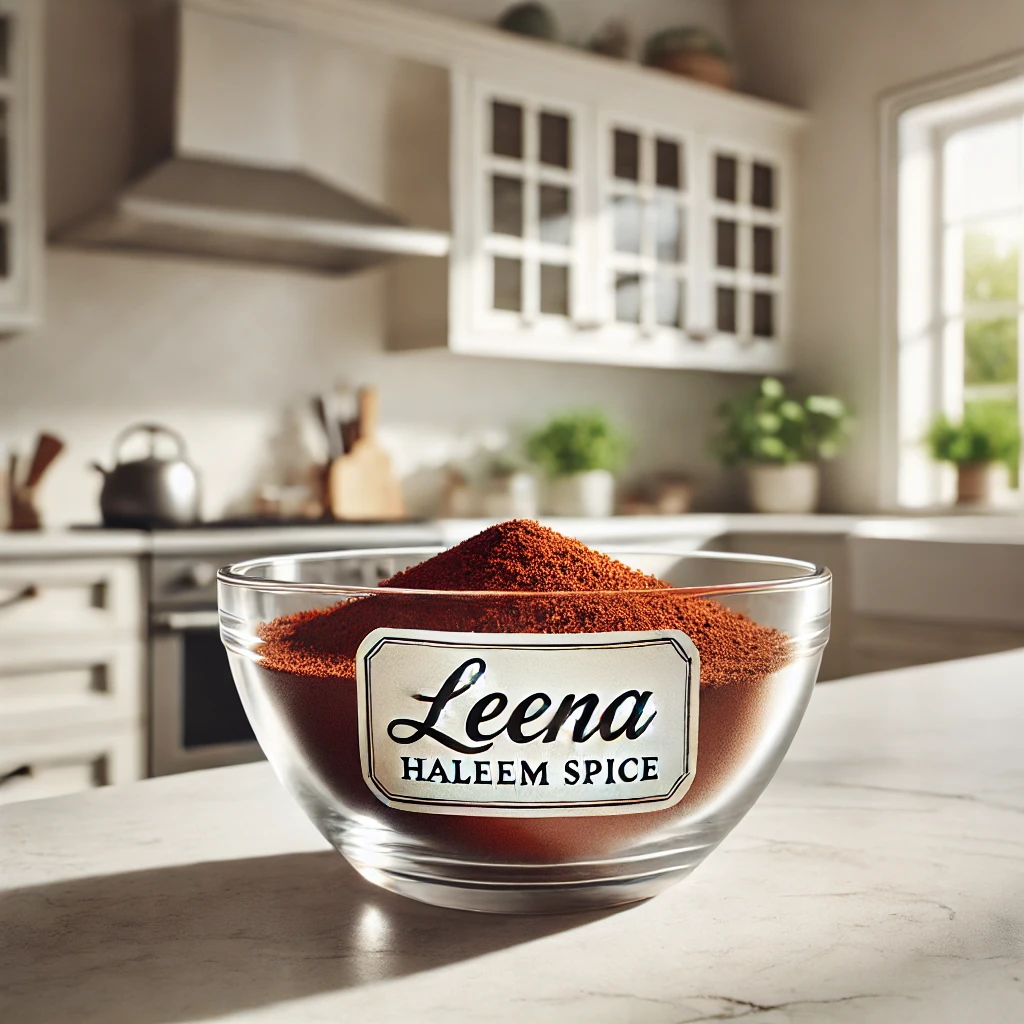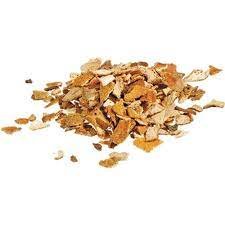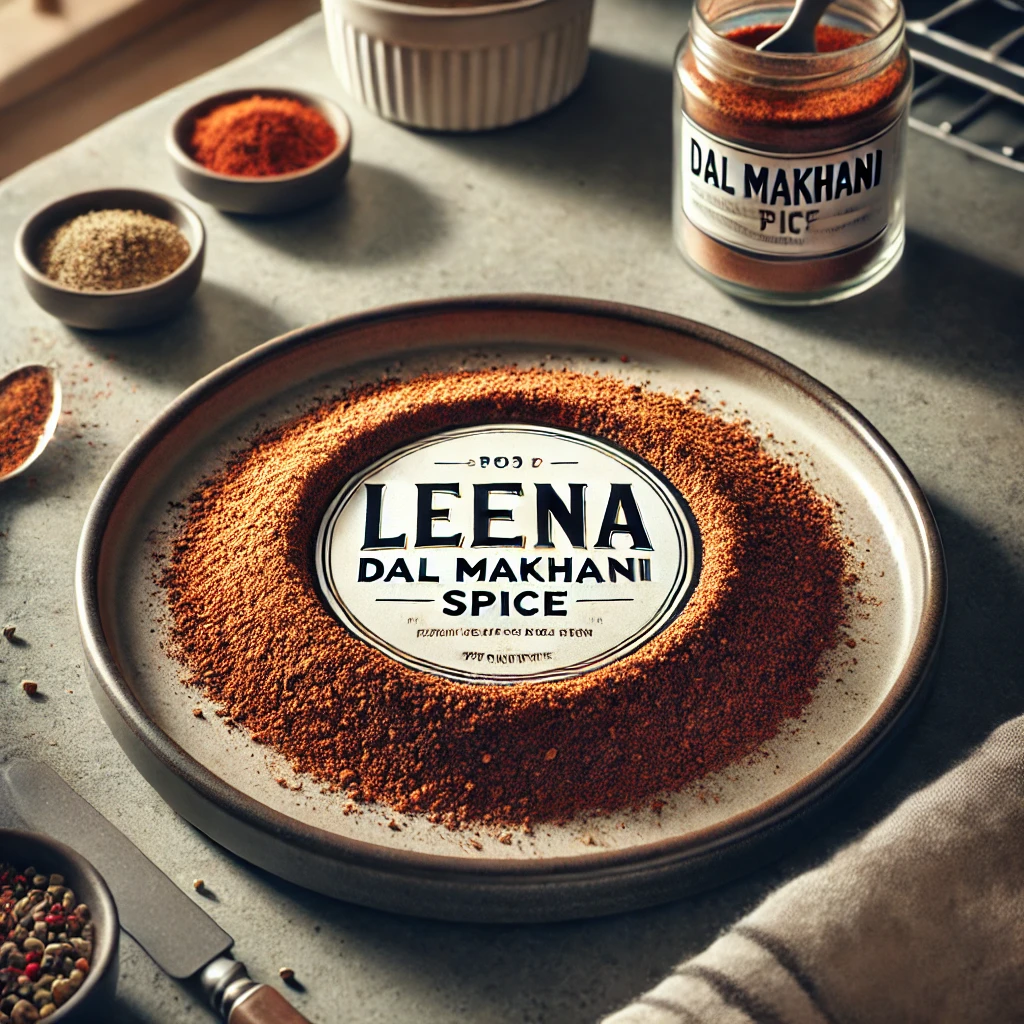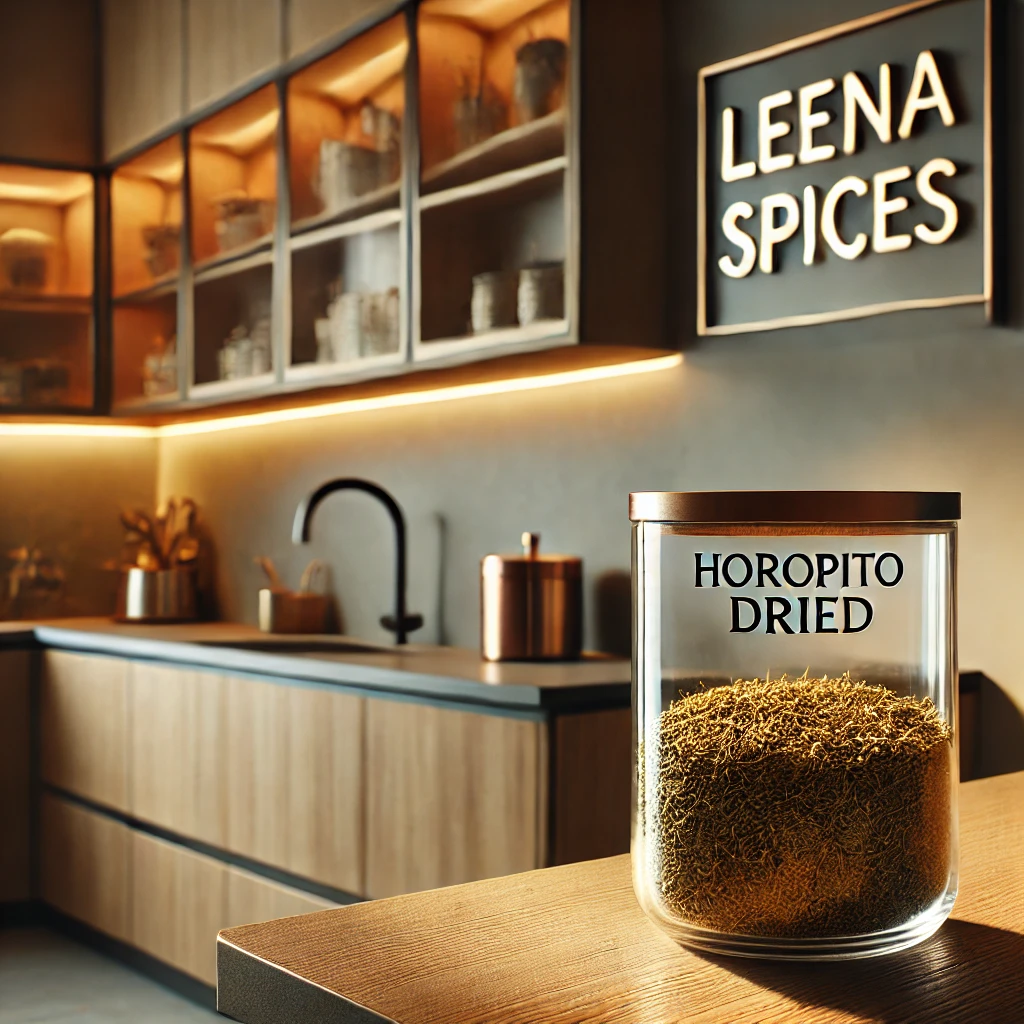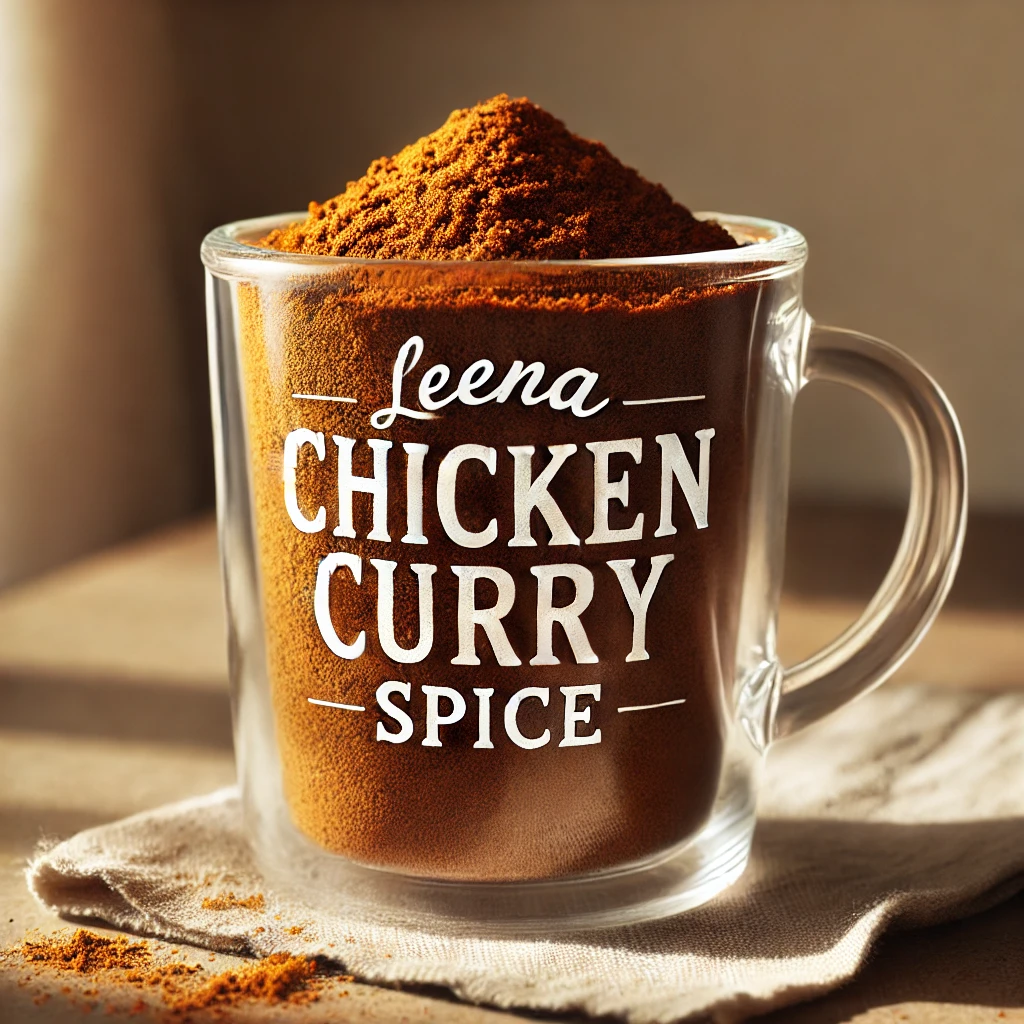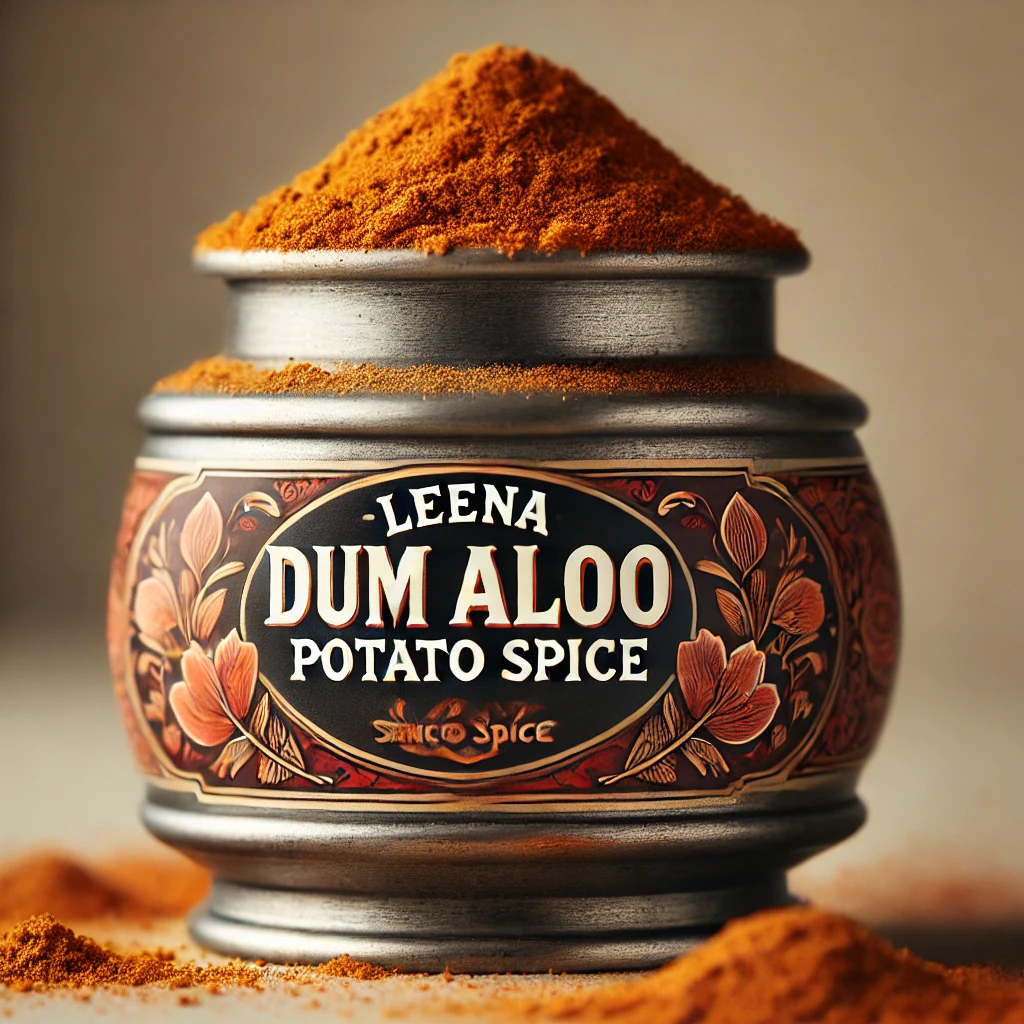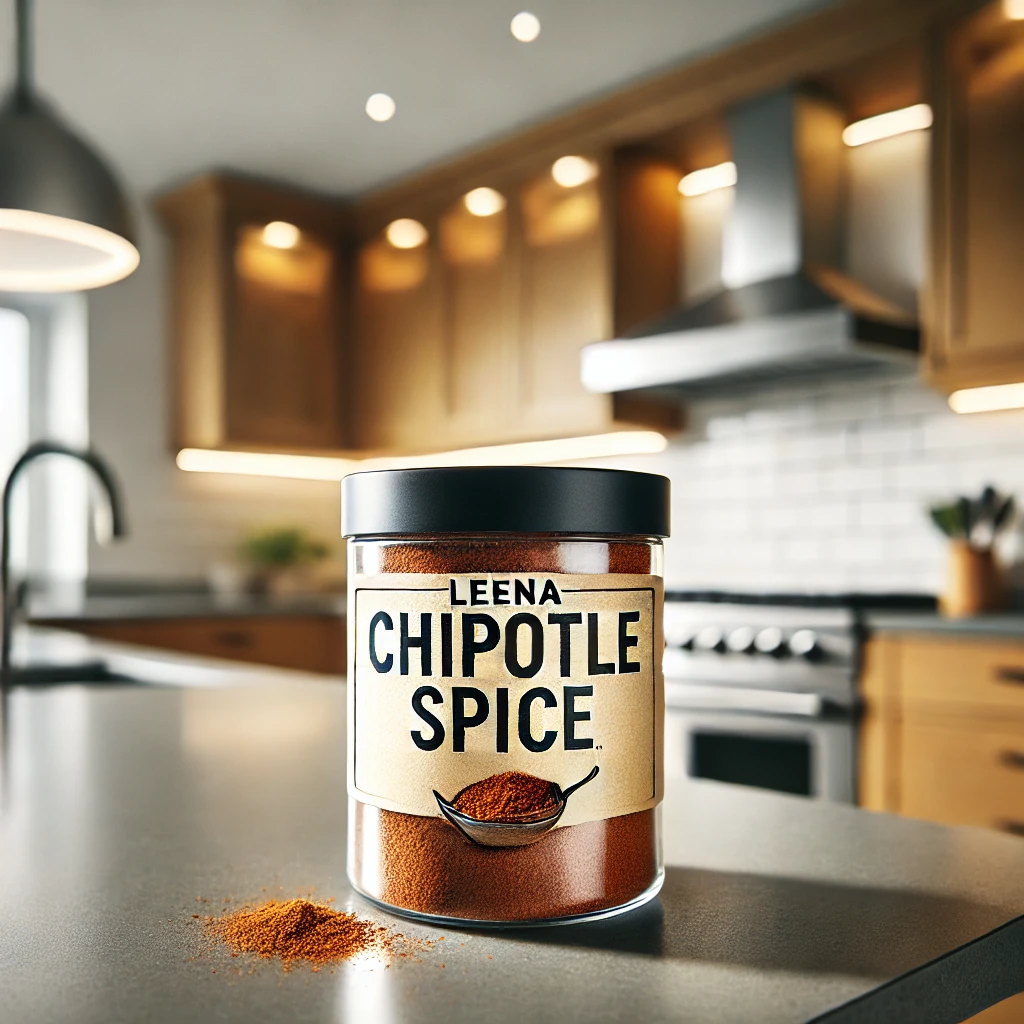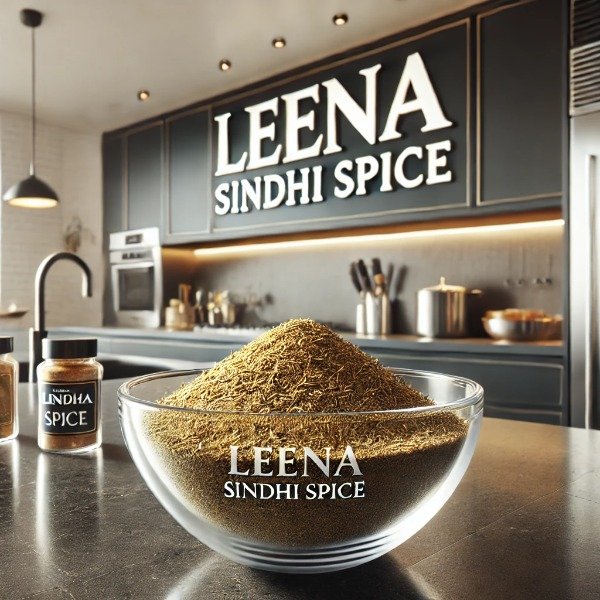Medicine Curry Powder Birth Masala Spice Blend With Postpartum Recovery for New Mothers
Table of Contents
- Introduction
- Why Medicine Curry Matters for Postpartum Recovery
- Combining Tradition with Modern Understanding
- What is Medicine Curry?
- Definition and Purpose
- Cultural and Ayurvedic Roots
- Ingredients of Medicine Curry Spice Blend
- Core Spices and Their Therapeutic Benefits
- Common Variations and Optional Additions
- Taste Profile of Medicine Curry
- Warm, Earthy, and Mildly Spiced
- How the Flavor Supports Postpartum Healing
- Using Medicine Curry in Postpartum Dishes
- Healing Lentil Curries and Kitchari
- Sarakku Curry and Seafood Recipes
- Medicine Curry Tea and Soups
- Medicine Curry vs Regular Curry
- Key Differences in Purpose, Ingredients, and Flavor
- Postpartum Suitability Comparison Table
- How to Make Medicine Curry Powder at Home
- Step-by-Step Instructions
- Storage and Usage Tips
- Safety Considerations
- Who Should Be Cautious
- Medication and Allergy Interactions
- Guidelines for Postpartum and Breastfeeding Mothers
- Frequently Asked Questions (FAQs)
- Quick Answers on Benefits, Use, and Safety
- Conclusion
- Key Takeaways and Final Thoughts
- Encouragement for Incorporating Medicine Curry in Your Diet
Introduction
Becoming a new mother is both beautiful and overwhelming. Alongside the joy of welcoming your baby, you are also navigating sleepless nights, physical recovery, and hormonal changes. Postpartum healing goes far beyond simply getting rest. It requires intentional nourishment that supports digestion, reduces inflammation, boosts milk production, and restores much-needed energy.
One powerful tradition that addresses these needs is the medicine curry. This therapeutic dish is rooted in Tamil culture and Ayurvedic wisdom. Also known as Sarakku Curry or Birth Masala Curry, this is not just another meal. It is a carefully crafted blend of healing curry spices and nutrient-rich ingredients designed to rebuild strength after childbirth and aid postpartum recovery for new mothers.
Here, we’ll uncover:
- The benefits of eating medicine curry after childbirth.
- Traditional medicine curry recipes for postpartum recovery.
- Practical tips for weaving this ancient practice into your modern routine.
Whether you are curious about Tamil medicine curry with birth masala or the specific healing properties of postpartum spices, this blog post explore cultural tradition with modern understanding giving you tools to thrive during this sacred phase of motherhood.
Key Takeaways: Medicine Curry for Postpartum Recovery
What is Medicine Curry?
A therapeutic, nutrient-rich curry or spice blend traditionally used in Tamil and Ayurvedic postpartum diets to support healing, digestion, lactation, and energy restoration.
How is it different from regular curry?
Medicine curry is mild, gentle, and healing-focused, while regular curry emphasizes bold, complex, and spicy flavors for everyday culinary use.
What are its main ingredients?
Common ingredients include cardamom, carom (ajwain), fennel, cumin, coriander, cinnamon, turmeric, and ginger, chosen for their digestive, anti-inflammatory, and lactation-supporting properties.
What does it taste like?
Warm, earthy, slightly sweet, and mildly spiced—comforting and easy on digestion, unlike fiery, restaurant-style curries.
Who can benefit from it?
Primarily new mothers in postpartum recovery, but it’s also suitable for anyone seeking gentle, healing, and nutrient-rich dishes.
How can I use Medicine Curry?
It can be used in healing lentil curries, Kitchari, Sarakku curry, soups, and even medicinal teas, providing warmth, flavor, and therapeutic benefits.
Can I make it at home?
Yes! Simply dry roast the whole spices, grind them finely, and add turmeric and ginger powder. Store in an airtight container for freshness.

An advisor to the American Anti-Cancer Institute and 3-Time Canadian Natural Bodybuilding Champion, Mr. Wade Lightheart, is one of the world’s premier authorities on Natural Nutrition and Training Methods.
He says “Most healthy individuals typically only get 1-2 forms of magnesium at best (much of the population is deficient in all forms)
– but when you get all 7 major forms of magnesium, you can truly experience the benefits.”
What Are The Ingredients in Medicine Curry Spice Blend?
A Medicine Curry Spice Blend is carefully crafted to restore and strengthen the body after childbirth. Unlike regular curry powders that prioritize bold flavors, this blend emphasizes healing properties aiding digestion, reducing inflammation, boosting lactation, and supporting immunity. Traditionally known as Sarakku Curry Powder or Birth Masala, it has roots in Tamil, Ayurvedic, and broader South Asian postpartum practices.
Core Ingredients in Medicine Curry and Their Benefits
- Cardamom (Elettaria cardamomum)
- Flavor: Sweet, floral, slightly citrusy.
- Benefit: Reduces bloating, improves digestion, and may calm stress—supporting both physical and emotional wellness.
- Form: Whole pods or ground seeds.
- Carom Seeds (Ajwain, Trachyspermum ammi)
- Flavor: Pungent, thyme-like bitterness.
- Benefit: Relieves gas, constipation, and bloating; supports uterine recovery and lactation.
- Form: Whole seeds, lightly roasted.
- Cinnamon (Cinnamomum verum)
- Flavor: Sweet, woody warmth.
- Benefit: Antioxidant-rich, helps regulate blood sugar, supports wound healing, and boosts immunity.
- Form: Ground or small sticks.
- Coriander Seeds (Coriandrum sativum)
- Flavor: Mild, citrusy, nutty.
- Benefit: Cooling, anti-inflammatory, supports gut health, and eases acid reflux.
- Form: Roasted and ground.
- Cumin Seeds (Cuminum cyminum)
- Flavor: Earthy, nutty warmth.
- Benefit: Rich in iron, aids digestion, replenishes blood loss, and enhances milk production.
- Form: Whole seeds, roasted and ground.
- Fennel Seeds (Foeniculum vulgare)
- Flavor: Sweet, anise-like.
- Benefit: Acts as a galactagogue (increases milk supply), relieves gas, and soothes the stomach.
- Form: Whole seeds, lightly roasted.
- Ginger (Zingiber officinale)
- Flavor: Warm, mildly spicy zest.
- Benefit: Eases nausea, boosts circulation, reduces cramps, and supports lactation.
- Form: Fresh ginger or dried powder.
- Turmeric (Curcuma longa)
- Flavor: Mild, earthy bitterness.
- Benefit: Potent anti-inflammatory, aids wound healing, reduces swelling, and may help ease postpartum mood changes.
- Form: Ground turmeric powder.
Common Variations and Additions
Depending on the region or family tradition, additional spices may be included:
- Fenugreek Seeds: Bitter and nutty; strongly boosts milk production and supports hormonal balance.
- Curry Leaves: Aromatic, slightly citrusy; aid immunity and regulate menstruation.
- Black Pepper: Mildly spicy; improves nutrient absorption, especially curcumin from turmeric.
- Cloves: Warm and sweet; antimicrobial and immune-boosting, often used in South African or diaspora versions.
- Mustard Seeds: Earthy and pungent; aid circulation and digestion.
- Dried Red Chilies: Optional, for very mild heat without overpowering the dish.
How Do I Make Medicine Curry Powder Spice at Home?
Ingredients (Core Blend)
- 2 tbsp Coriander Seeds
- 1 tbsp Cumin Seeds
- 1 tsp Fennel Seeds
- 1 tsp Carom Seeds (Ajwain)
- 1 tsp Cardamom Pods (green)
- 1 tsp Cinnamon (small sticks or ground)
- ½ tsp Cloves
- 1 tsp Turmeric Powder
- 1 tsp Ginger Powder (or dried ginger slices)
- Optional: a few Curry Leaves or Fenugreek Seeds
Step 1: Dry Roast the Whole Spices
- Heat a heavy-bottomed pan on medium-low heat.
- Add coriander, cumin, fennel, carom, cardamom, cinnamon sticks, and cloves.
- Dry roast for 3–5 minutes, stirring constantly, until the spices become aromatic and slightly darker.
- Remove from heat and let them cool completely.
Step 2: Grind the Spices
- Transfer the cooled spices to a spice grinder or mortar and pestle.
- Grind into a fine powder.
Step 3: Add Ground Ingredients
- Stir in turmeric powder and ginger powder.
- If using fenugreek seeds or curry leaves, grind them with the roasted spices or crush separately and mix in.
Step 4: Store Properly
- Transfer the powder to an airtight container.
- Store in a cool, dry place, away from sunlight.
- Best used within 2–3 months for maximum flavor and potency.
Tips for Use
- Use 1–2 tsp per dish for soups, lentils, or light curries.
- Combine with coconut milk, tamarind, or ghee for enhanced flavor and therapeutic benefit.
- Can also be steeped in hot water or milk to make a warming, healing tea.
This Critical Mineral Holds The Key
To A Perfect Night’s Sleep – No Matter What Your Age.
What Does Medicine Curry Spice Blend Taste Like?
Taste in a Postpartum Context
For new mothers, the Medicine Curry Spice Blend is designed to be gentle, soothing, and easy on the digestive system. It avoids overstimulating the gut while still providing warmth, aroma, and comforting flavor.
The subtle sweetness of fennel and cardamom, combined with the earthy warmth of cumin and turmeric, makes the spice blend ideal for traditional Tamil “pathiya samayal” (healing postpartum diet), which often includes soups, porridges, and lightly cooked curries.
Examples of how it tastes in different dishes:
- Healing Lentil Curry: When combined with coconut milk, the blend creates a creamy, savory, and slightly sweet flavor—perfectly gentle for a recovering digestive system.
- Sarakku Curry Grilled Sea Bass: Adds a mildly aromatic, tangy warmth when paired with tamarind, giving a subtle yet restorative taste.
- Medicine Curry Tea: Fennel and ginger shine through, producing a sweet-spicy, refreshing, and calming drink.
Related Posts You May Like
Birth Masala Secrets: Traditional Postpartum Spice Blend for Recovery, Lactation & Immunity
How do I make Homemade Birth Masala? 1 Easy Step
The Ultimate Guide to Birth Masala 7 Essential Benefits for New Mothers
what is postpartum spice? Traditional Herbs and Healing Practices After Childbirth
Birth Masala Secrets: Traditional Postpartum Spice Blend for Recovery, Lactation & Immunity
What Is The Difference Between Medicine Curry and Regular Curry?
Medicine Curry vs Regular Curry: Key Differences
While medicine curry and regular curry may share some spices and culinary roots, their purpose, flavor, and preparation differ significantly—especially when it comes to postpartum recovery.1. Purpose and Health Focus
Medicine Curry:- Therapeutic Intent: Crafted to heal and nourish, particularly after childbirth. Aims to address bloating, low energy, inflammation, and lactation support.
- Postpartum Benefits: Supports digestion (carom, fennel), boosts milk production (fennel, cumin), reduces swelling (turmeric, ginger), and enhances immunity (cinnamon).
- Examples: Used in Sarakku curry, healing lentil stews, or Kitchari for gentle nourishment.
- Culinary Intent: Focused on creating rich, complex, and enjoyable flavors in everyday cooking.
- General Use: Enhances taste in dishes like chicken tikka masala, vegetable korma, or Thai curries.
- Examples: Found in spicy Vindaloo, creamy butter chicken, or bold international curry dishes.
2. Ingredients
Medicine Curry Spice Blend:- Core spices: cardamom, carom (ajwain), cinnamon, coriander, cumin, fennel, ginger powder, turmeric.
- Optional additions: fenugreek, curry leaves, black pepper, cloves.
- Focus: Digestive, anti-inflammatory, and lactation-supporting. Chili is usually minimal or omitted.
- Common spices: turmeric, coriander, cumin, chili, mustard seeds, paprika, black pepper, sometimes cloves, nutmeg, or star anise.
- Focus: Bold, spicy, and aromatic flavors. Designed for culinary appeal rather than healing.
3. Flavor Profile
Medicine Curry:- Warm, earthy, subtly sweet, and aromatic.
- Mild bitterness from turmeric or fenugreek is balanced by fennel and cardamom.
- Ideal for postpartum digestion and gentle on the stomach.
- Bold, spicy, and complex.
- Often fiery or pungent with chili and mustard seeds.
- Designed for strong flavor, which may irritate sensitive postpartum digestion.
4. Preparation and Cooking
Medicine Curry:- Spices are lightly dry-roasted to enhance aroma, then ground with turmeric and ginger powder. Often made fresh for maximum therapeutic benefit.
- Used in gentle dishes like Kitchari, Sarakku curry grilled fish, or healing teas, often with coconut milk or bone broth.
- Recipes prioritize nutrient-dense ingredients and avoid heavy oils or excessive heat.
- Often commercially pre-ground or roasted for intensity, focusing on flavor over health benefits.
- Used in diverse, often spicy dishes with richer ingredients like cream or heavy oils.
5. Cultural and Regional Context
Medicine Curry:- Roots in Tamil traditional medicinal curry (Sarakku curry) and Ayurveda.
- Integral to postpartum diets like pathiya samayal during the 40–60 day confinement period.
- Often paired with tamarind, coconut milk, or ghee for restorative meals.
- Spans Indian, Southeast Asian, and Caribbean cuisines.
- Everyday global cooking, from Japanese katsu curry to spicy Indian Vindaloo, with no health-specific focus.
6. Postpartum Suitability
Medicine Curry:- Gentle on digestion, supports lactation, and promotes healing.
- Ideal for new mothers needing easily digestible, nutrient-rich meals.
- Spicy ingredients like chili can irritate sensitive postpartum stomachs or affect breast milk flavor.
- Less suitable for early postpartum recovery.
7. Precautions
Medicine Curry:- Safe in normal culinary amounts (1–2 tsp per dish). Potent spices like carom or turmeric should be moderated.
- Always consult a doctor if breastfeeding or taking medications.
- High chili content or very spicy blends may cause heartburn, indigestion, or discomfort in postpartum mothers.
- Here’s a polished, easy-to-read version of your comparison table with improved phrasing and consistency:
Easy, step-by-step instructions for creating your own spice blends from home.More than 200 spices from around the world
Aspect | Medicine Curry | Regular Curry |
Purpose | Therapeutic; designed for postpartum recovery and healing | Culinary; focused on flavor, aroma, and versatility |
Key Ingredients | Cardamom, carom (ajwain), fennel, turmeric, cinnamon, cumin, ginger; minimal or no chili | Chili, mustard seeds, paprika, black pepper, turmeric, coriander, and other bold spices |
Flavor Profile | Mild, warm, earthy, slightly sweet, soothing | Bold, spicy, complex, often fiery or pungent |
Preparation | Freshly roasted or lightly toasted for maximum therapeutic effect; health-focused | Often pre-ground or commercially blended; flavor-focused |
Cultural Context | Rooted in Tamil/Ayurvedic postpartum diets (e.g., Sarakku curry, pathiya samayal) | Common in everyday global cooking, from Indian and Thai to Caribbean cuisines |
Postpartum Suitability | Gentle on digestion, supports lactation, reduces inflammation, aids recovery | May irritate sensitive postpartum stomachs; not designed for therapeutic benefits |
What Are The Healing Benefits of Medicine Curry?
1. Supports Digestion
Postpartum digestion can be weak. Spices like cumin, coriander, and fennel stimulate digestive enzymes, helping the body absorb nutrients more effectively.2. Reduces Inflammation
Turmeric and ginger are natural anti-inflammatories. They help reduce swelling, aid wound healing, and ease aches from labor.3. Boosts Lactation
Fenugreek and fennel are galactagogues—herbs traditionally used to improve milk supply in breastfeeding mothers.4. Restores Energy and Strength
Spices like black pepper and ginger increase circulation and metabolism, bringing warmth and vitality to a fatigued body.5. Hormonal Balance
Fenugreek and coriander are believed to help stabilize fluctuating hormones after childbirth.6. Emotional Well-being
Warm, fragrant, and comforting, medicine curry also provides psychological nourishment, reminding mothers that they are cared for.Related Posts You May Like
15 Magnesium-Rich Herbs and Spices: Are You Getting Enough?
Postpartum Birth Masala: 23 Healing Qualities for Energy Recovery and Wellness
Birth Masala Secrets: Traditional Postpartum Spice Blend for Recovery, Lactation & Immunity
How do I make Homemade Birth Masala? 1 Easy Step
The Ultimate Guide to Birth Masala 7 Essential Benefits for New Mothers
what is postpartum spice? Traditional Herbs and Healing Practices After Childbirth
Birth Masala Secrets: Traditional Postpartum Spice Blend for Recovery, Lactation & Immunity
Is Medicine Curry Safe to Consume?
Medicine Curry spice blends—such as Ayurvedic-inspired birth masala or Tamil Sarakku curry powder—are generally considered safe when used in typical culinary amounts, especially for postpartum mothers. The blend typically includes turmeric, cumin, coriander, fennel, cardamom, carom, ginger, and cinnamon, all of which have a long history of safe use and recognized health benefits.
These spices can:
- Support digestion and soothe bloating
- Reduce inflammation
- Boost lactation (e.g., fennel and cumin as galactagogues)
- Promote overall healing and energy restoration
The flavor is gentle and mildly spiced, making it suitable for sensitive digestive systems, unlike fiery curry powders. Traditional practices and research indicate that mild spice exposure through breast milk is generally safe for infants.
When to Be Cautious
While safe in moderation, certain situations call for care:
- Medical Conditions: Consult a doctor if you have gallbladder issues, ulcers, low blood pressure, or heavy postpartum bleeding, as some spices (like turmeric or cumin) may exacerbate symptoms.
- Medication Interactions: Turmeric, ginger, and other spices may interact with blood thinners or diabetes medications. Check with your healthcare provider.
- Pregnancy & Breastfeeding: High doses of certain spices (e.g., fenugreek) should be avoided during pregnancy. Breastfeeding mothers should monitor their baby for gas, fussiness, or allergic reactions.
- Allergies or Sensitivities: Stop consumption if you notice adverse reactions in yourself or your baby.
How to Use Safely
- Use moderate amounts (1–2 teaspoons per dish).
- Incorporate into balanced, nutrient-dense meals rather than taking large doses as a supplement.
- Prefer freshly roasted and ground spices to maximize flavor and benefits.
- Consult a healthcare professional if you have existing health conditions or are taking medications.
Bottom Line:
Medicine Curry is a supportive, gentle, and generally safe spice blend when used wisely in cooking. Its healing properties make it an ideal addition to postpartum meals, but moderation and awareness of individual health conditions are key to ensuring safety for both mother and baby.
Frequently Asked Questions About Medicine Curry
What is Medicine Curry?
Medicine Curry is a therapeutic, nutrient-rich curry or spice blend traditionally used in Tamil and Ayurvedic postpartum diets. It’s designed to restore strength, support digestion, reduce inflammation, and promote lactation for new mothers.
How is Medicine Curry different from regular curry?
Unlike regular curry, which focuses on bold flavors and spice, medicine curry is gentle, mild, and healing-focused. It prioritizes digestibility, warmth, and nutrient support rather than heat or complexity.
What are the main ingredients in Medicine Curry?
Common ingredients include cardamom, carom (ajwain), fennel, cumin, coriander, cinnamon, turmeric, and ginger. Some variations also include fenugreek, curry leaves, cloves, and black pepper. These spices are chosen for their therapeutic benefits.
What does Medicine Curry taste like?
It has a warm, earthy, slightly sweet, and mildly spicy flavor. The bitterness of turmeric or fenugreek is balanced by sweet spices like fennel and cardamom, making it soothing, comforting, and gentle on the digestive system.
Can anyone eat Medicine Curry?
Yes, but it’s especially beneficial for postpartum mothers. Its mild spices and healing properties make it suitable for sensitive digestion, but it can also be enjoyed by anyone seeking a nutritious and warming curry.
How do I make Medicine Curry at home?
To make your own, dry roast the whole spices (coriander, cumin, fennel, cardamom, cloves, cinnamon, and carom), then grind into a fine powder. Add turmeric and ginger powder for extra healing benefits. Store in an airtight container away from heat and sunlight.
What dishes can I use Medicine Curry in?
It’s perfect for postpartum-friendly dishes like:
- Healing lentil curries or soups
- Kitchari (a comforting rice and lentil dish)
- Sarakku curry grilled fish
- Warm, soothing medicine curry tea
Can Medicine Curry help with lactation?
Yes! Ingredients like fennel, cumin, and carom act as galactagogues, supporting milk production while also improving digestion and reducing bloating.
Is Medicine Curry safe during breastfeeding?
Generally, yes. The spices used are mild and digestive-friendly, but always moderate portions (1–2 tsp per dish) and consult a doctor if you have concerns or dietary restrictions.
How is Medicine Curry used in cultural postpartum practices?
In Tamil and South Asian traditions, medicine curry is a staple of postpartum diets (pathiya samayal). It’s consumed during the 40–60 day confinement period to support healing, balance energy (doshas), and restore strength after childbirth.
How long can I store Medicine Curry powder?
Stored in an airtight container away from sunlight, it stays fresh and potent for 2–3 months. For best results, use freshly roasted and ground spices whenever possible.
Conclusion
Medicine Curry is a time-honored tradition that nurtures the body, supports healing, and celebrates the sacred postpartum journey. Unlike regular curry powders that focus on bold flavors, this therapeutic blend is designed to be gentle, digestible, and restorative, making it an ideal companion for new mothers seeking nourishment and balance.
From its warm, earthy flavor to its carefully selected healing spices like fennel, carom, cardamom, turmeric, and ginger, every ingredient serves a purpose: easing digestion, boosting lactation, reducing inflammation, and replenishing energy. Whether you’re enjoying it in a comforting lentil curry, a soothing Sarakku curry, or a warm medicinal tea, medicine curry is a versatile ally for wellness and recovery.



